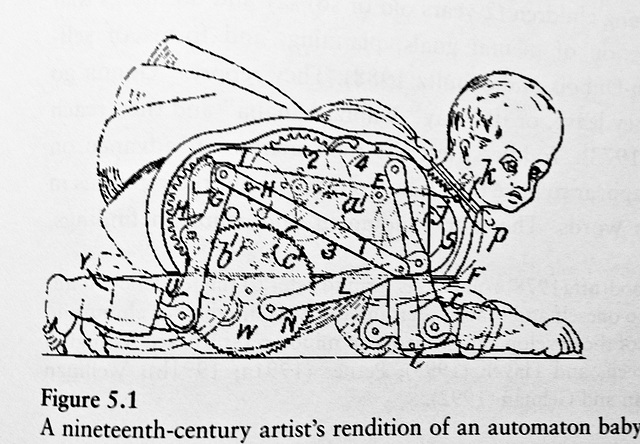Wall art
Learning consumerism
Philosophy
Mara's temptation
Language
Buds
A wall
The River
Time
San Francisco
Darwin - Anthropomorphism?
A gardian
What we say to the dog
Anthropomorphism
Fairest January / Schonster Januarius
Black
Retired
Beyond Good and Evil {Path of Genius (1918) by Wen…
A Coconut
Message in the Bottle
^ ^
Public Library
Most Beautiful Wall
Most Beautiful wall
An Evening on the rocks
Daguerreotype
What the Trees say
Pitcher Plant
The Hut
Shore Line
The fisherman at Captain Cook
Hawaiian brunette
Anthurium
See also...
Keywords
Authorizations, license
-
Visible by: Everyone -
Attribution + non Commercial
- Photo replaced on 29 Feb 2020
-
55 visits
- Keyboard shortcuts:
Jump to top
RSS feed- Latest comments - Subscribe to the comment feeds of this photo
- ipernity © 2007-2024
- Help & Contact
|
Club news
|
About ipernity
|
History |
ipernity Club & Prices |
Guide of good conduct
Donate | Group guidelines | Privacy policy | Terms of use | Statutes | In memoria -
Facebook
Twitter



We humans begin life as creatures who can’t reasonably claim to have conscious will, mainly because we can’t stop drooling, let alone make a “claim” of some kind. But we blossom into beings who do claim a will. How does this happen? Is it just thast when we’re babies and not yet verbal, we can’t say what we intend? The developmental research on intention suggests that there is quite a bit more to it than this, in that children develop not only the ability to act but also the ability to preview to know about what it is they will do. Beyond learning to perform voluntary actions of all sorts, children must develop a quite separate range of capacities to think about those actions, reason about their actions’ causes, and experience their prior thoughts of action as intentions. Figuring out what minds are like has been called the development of theory of mind. This is, of course, the central task of ‘mind perception’. . . . A big part of mind perception for any child must include developing notions of intention, conscious will, and their interrelation.
To say that intention is part of a child’s developing “theory” is not to say that a child has no plans or goals prior to the theory’s development. Children do lots of voluntary actions pretty much from birth. There is evidence, for instance, that newborn infants who appear to be reaching for objects indeed are doing this, not just flailing their arms. When infants reach toward ‘virtual objects’ seen through special glasses, and thus do not actually get to touch anything, they cry, whereas when they reach out to real objects and touch them, they don’t fuss as much. True, their disappointing inability to talk makes it impossible for us to verify the occurrence of conscious intentions in very young infants. But it is clear that as soon as language develops, very young children say and do things that suggest the operation of mental goals, planning, and forms of self-prediction. They report, “Gonna go now” and then they leave, or they say “Wanna Banana” and then reach for one. Toddlers describe their actions in advance on occasion, and so appear to have the ability to think about their actions in advance -- even in words. //The Moral judgment and animism findings, however, suggest that very young children are not yet up to reasoning about these ideas in the way they adults often do and that the thoughts of their actions serve primarily as signals to other people of their upcoming actions. ~ Page 152
<
Sign-in to write a comment.